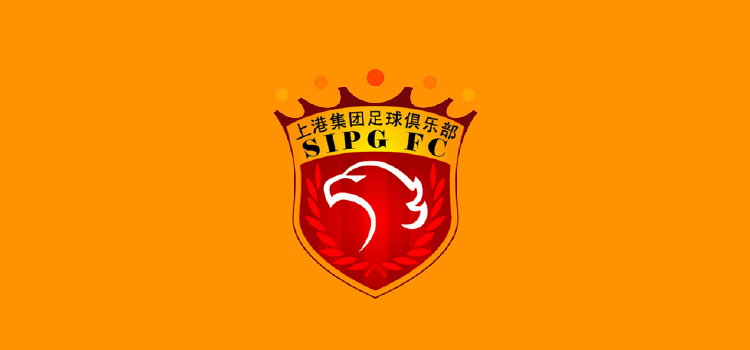China is a country famous for the speed at which it builds its skyscrapers, holding a number of world records in the process.
In football terms, Shanghai SIPG have become a sporting metaphor for China’s ever expanding construction industry, much down to one company.
In 2004 the club’s infancy took hold under a different name, Shanghai Dongya, after the creation of one of the largest football academies in the world.
Xu Genbao had no intention to create a football club but after the success of his Manchester United inspired school for youngsters, the Genbao Football Base, he decided that his protégés needed match experience.
A new club in the city had emerged, with Shanghai Dongya initially participating in the Chinese League Two division, a large proportion of the team made up of 14 and 17-year-olds.
Wu Lei became the youngest ever Chinese professional footballer, aged only 14 years and 287 days, while Cao Yunding claimed the prize of youngest Chinese goal-scorer aged 16 years and 242 days
Promotion to League One amazingly followed, and as the young squad began to mature on and off the pitch results followed.
Financial difficulties followed but Shanghai Dongya could find an answer for every problem, this one in the shape of the Chinese government who promised monetary aid if the club agreed to play in the country’s biggest youth tournament, the National Games.
Unprecedented success had become a motto for the club. Not because of the trophies picked up in what was becoming an ever larger cabinet, but by the team spirit contained amongst a group of players who had played with each other since their childhood.
Nonetheless, a sudden change would soon appear over the horizon, in the form of the Shanghai International Port Group in 2013, as soon as the club were promoted to the Chinese Super League for the first time.
First, they persuaded Sven-Göran Eriksson to manage the side, only the second non-native manager to take charge of the club after Claude Lowitz in 2006.
Then Asomah Gyan arrived and wages escalated. The club’s top scorer in 2014, the Swedish international Tobias Hysen, son of the Liverpool centre-back Glenn, negotiated a contract that earned him ten times what he had been paid in Europe.
A year later Shanghai SIPG exploded into contention in CSL, just missing out on the title to Guangzhou Evergrande, before the record-breaking transfers of Hulk and Oscar took the club’s media attention to new heights.
Shanghai’s sporting influence had been created by the Chinese Grand Prix, which is staged in Jiading in the north-eastern suburbs, but Shanghai’s owners believe that their club can become the centre-piece of the city’s sporting achievements.
The company has its own interests in Europe, looking outwards to a port in Hamburg to extend its trade worldwide. It would not be surprising if the German city’s football club also became a target from China.
The Shanghai Port Authority has already spent £142m. Given its primary concern is to promote trade in China, Shanghai SIPG may just be the city’s greatest export.
